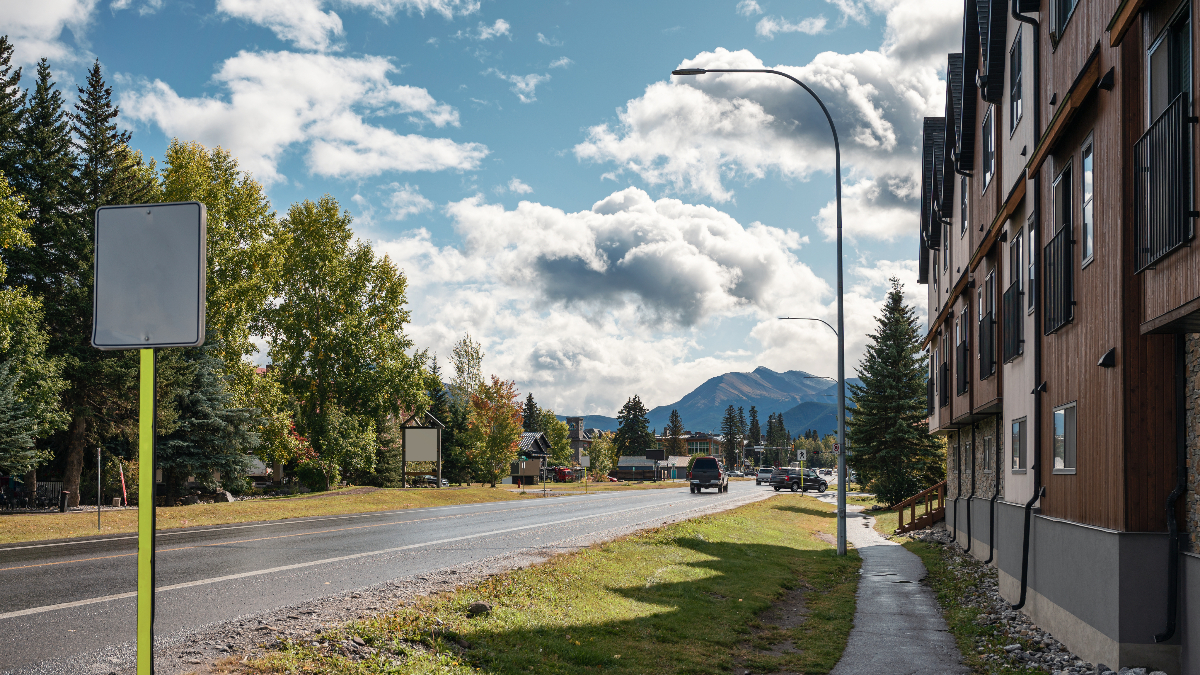
Edmonton, the capital city of Alberta, has an estimated foreclosure rate of 0.49%. This number is distinctly higher than the national average estimate of 0.24%. The unemployment rate in Alberta is greater than the national average in this city. And, the median household income in Edmonton is $82,000, which is much lower than the national average of $92,700. As a result, the high foreclosure rate in the city is incredibly high. Although people are aware of some property laws of the province, they may not know much about foreclosure and ways to deal with it effectively.
For foreclosure help Alberta, you have the option to contact your lawyer or a dependable real estate agency. They can offer good advice and assist you in finding the correct way to respond to the situation. Sometimes, they can even stop the foreclosure for you.
If you are keen to know more, the following information will help you to grasp the nuances of the foreclosure procedure in Alberta.
What causes lenders to initiate a foreclosure?
When borrowers make certain defaults, their lenders begin foreclosure proceedings. Some of the most typical defaults that can initiate these actions in Alberta are:
- Not paying homeowners taxes.
- Failure to make mortgage payments on time.
- Neglecting to pay HOA fines or dues.
- Failure to carry the essential home insurance coverage.
- Permitting property damage and failing to make any repairs.
Options for borrowers
Different borrowers deal differently with foreclosure proceedings in Alberta. Some take no action, allowing the property to be seized by the lender eventually. Others attempt to pay off arrears during the redemption period. Under Alberta law, owners have the right to this period which usually spans three to six months. During this time, the courts allow borrowers to “redeem” their homes by paying off the outstanding mortgage.
On the other hand, some residents who need home foreclosure help in Alberta turn to reliable real estate agencies for professional assistance and advice. They are experts in handling such properties and will often make outright purchases, allowing homeowners a way out. Moreover, they take care of all costs associated with the sale, deal with the authorities involved, and ensure the owners let the property go at a fair price.
Can foreclosures affect your ability to buy another property?
Most residents are unaware that even after they go through the foreclosure process in Canada, it does not stop them from getting another mortgage loan in the future. However, it can delay and make the process a bit more complex than usual.
For this reason, lenders in Alberta strongly recommend that borrowers wait for at least two years before applying for a mortgage loan again. They make exceptions in rare cases wherein residents could prove that they faced foreclosure due to extenuating circumstances. They may also make an exception if homebuyers agree to make massive down payments of up to twenty-five percent.
Home foreclosures in Canada can be pretty complicated. It involves critical details about which typically people remain unaware. So, it helps to know about foreclosures if you have to deal with them in future.




